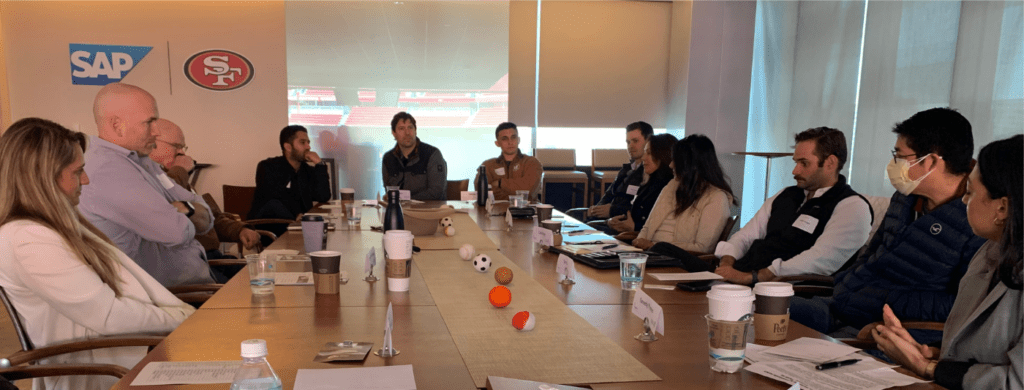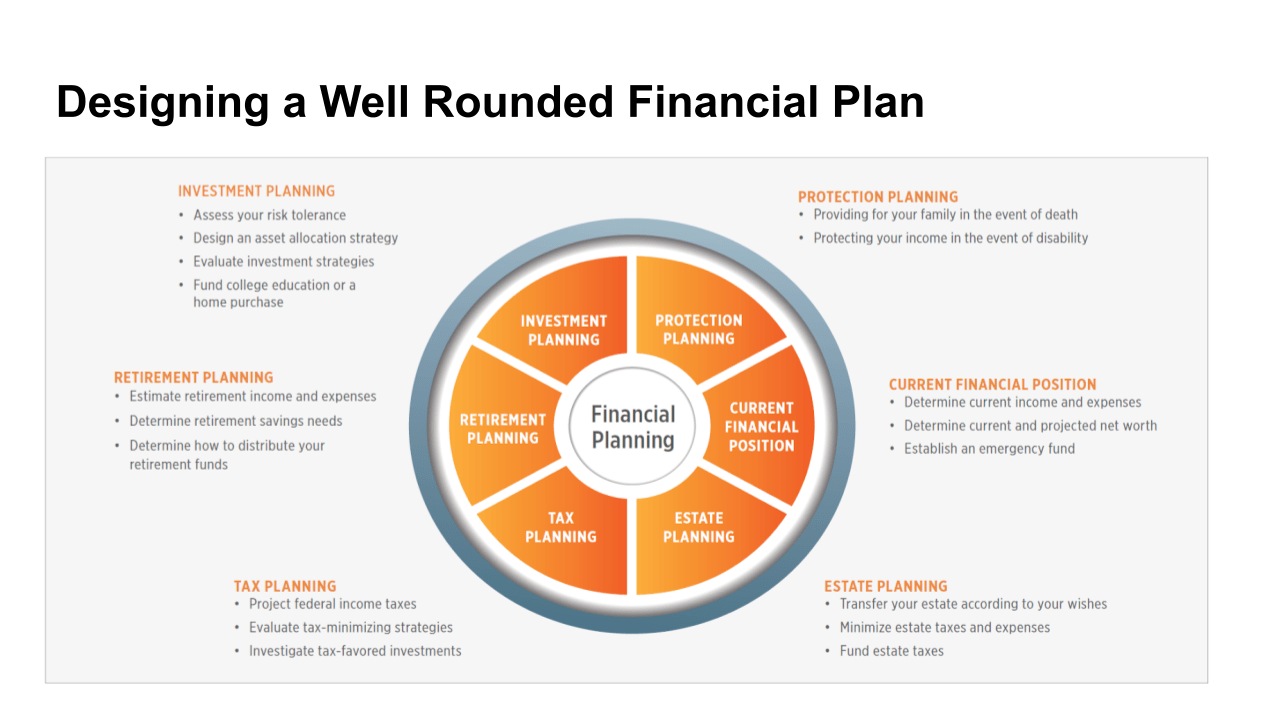Leaders of 2nd, 3rd, and 4th generation family businesses gathered to learn from each other and enjoy a morning of fun in the awesome SAP Boardroom Suite at Levi’s Stadium, home of the San Francisco 49ers.
The session, hosted by Bridge Bank (Emily Ruvalcaba) and Executive Forums Silicon Valley (Glenn Perkins), was designed around a discussion with panelists Brittni Daley-Grishaeva, Adam Beck, Dee Ann Harn, and Ian Barth who shared lessons learned about the challenges and opportunities in taking over from the previous generations.
Prior to the panel discussion, the attendees participated in a Personal Histories networking activity during breakfast. This was followed by a team scavenger hunt in the 49ers Museum to experience and learn from the culture of a large family business—the San Francisco 49ers.

An intimate panel discussion revolved around themes and questions such as:
- How or when did you recognize the “super power” of your predecessor? How were you able to replace that “super power” within the organization? How did you apply your own “super power” within your company
- What counsel or guidance would you give to those who are assuming a new leadership position in dealing with or overcoming entrenched personnel in a company?
- Looking back, what is the biggest opportunity to shake things up that you identified when transitioning?
- Can you comment on what may have been scary for you when you took over your position? What was that particular aspect of the business troublesome for you? What did you do to overcome those fears?
- What counsel or guidance about support structures or scaffolding would you give to those who are assuming a new leadership position in a company?
- Open questions and discussion based on attendee questions.
It was a fantastic event and we want to thank the attendees and panelists for an awesome morning and for being so open to sharing their experience and expertise with everyone.
If a learning and networking event such as this might be of interest to you and the leaders in your generational business, please reach out.





